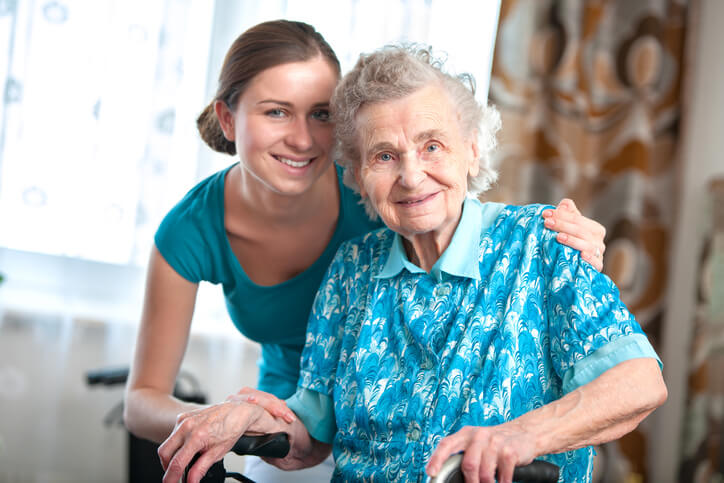
Granny Pods: Not Just for Grannies Anymore
Most people regard granny pods as home-based care solutions for families with aging parents, but they aren’t just for grannies anymore. In order to understand their true potential, let’s look at a few important developments.
Fundamentals
Originally, the granny pod was conceived as a free-standing manufactured home designed to accommodate the medical and accessibility needs of an ailing parent. A self-contained and fully functional living space, it was designed to be installed in a family’s backyard as a temporary housing structure for a parent who could no longer manage on their own.
This arrangement offers significant advantages. From the parent’s perspective, it ensures they receive the assistance they need, but they also retain some independence, age in place, remain close to family, and live in a more familiar, homelike setting. From the caregiver’s perspective, it makes caregiving easier and more convenient, alleviates stress, protects family privacy, and may reduce both direct and indirect costs.
Growing Acceptance
Since 2010, a growing number of states and local jurisdictions have adopted zoning laws that authorize granny pod use in single-family neighborhoods. Similarly, many are authorizing their use in a broader range of circumstances, and each year more are jumping on the bandwagon.
This is a welcome development for the roughly 37 million American families caring for aging, ill or impaired family members. Why? In areas where these structures are permitted, they can be used for any immediate family member, typically defined as a first or second degree relative.
We’ve discussed common zoning criteria and restrictions in more depth elsewhere, but briefly, a pod is limited to a single occupant who has a demonstrable need for care. It must also meet state and local codes for manufactured homes, comply with restrictions on size and location, and be installed as a temporary rather than permanent structure.
Expanded Uses
The same factors that make granny pods suitable for an ailing parent make them appropriate for other occupants as well. The specifics vary by jurisdiction, but most approve the use of a granny pod if it serves as a living space for a physically or mentally impaired spouse, parent, grandparent, child, grandchild, sibling, aunt, uncle, nephew or niece.
In other words, whether you’re caring for a parent, elderly uncle, sister, adult child or close relative with physical or mental challenges, granny pods are an option to consider.
The growing interest in home-based care alternatives has led to other changes as well. In addition to granny pods, some jurisdictions have eased zoning restrictions in single-family neighborhoods to allow auxiliary apartments such as granny flats and in-law suites, as long as they’re designated for the care of a family member. For the many families caring for a loved one who’s ill, elderly or impaired, the growing acceptance of granny pods, flats and cottages is very good news indeed.


